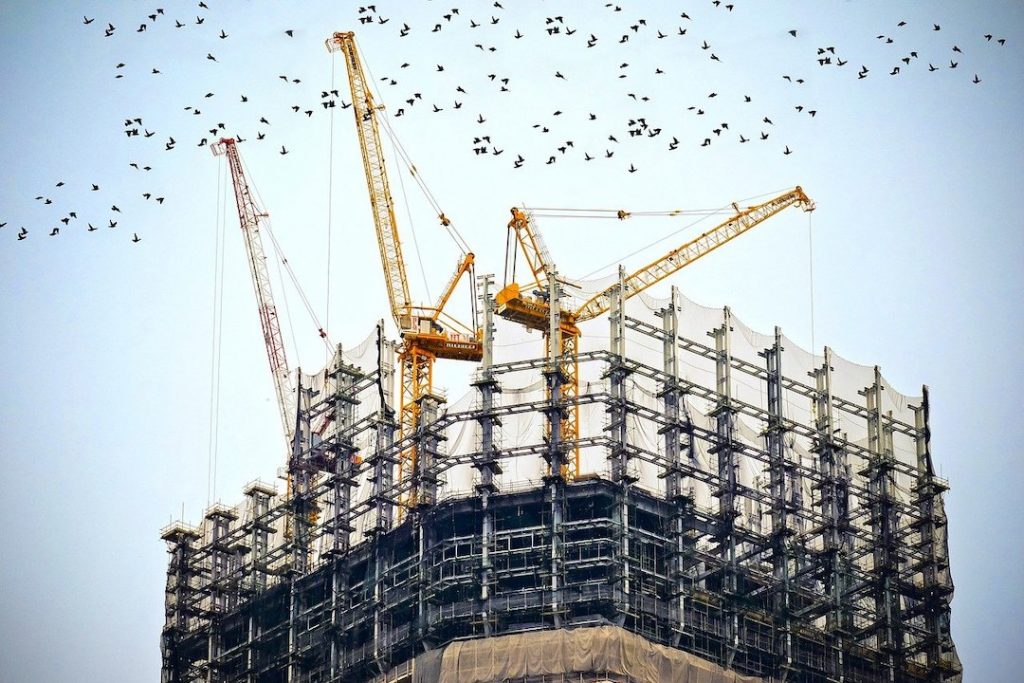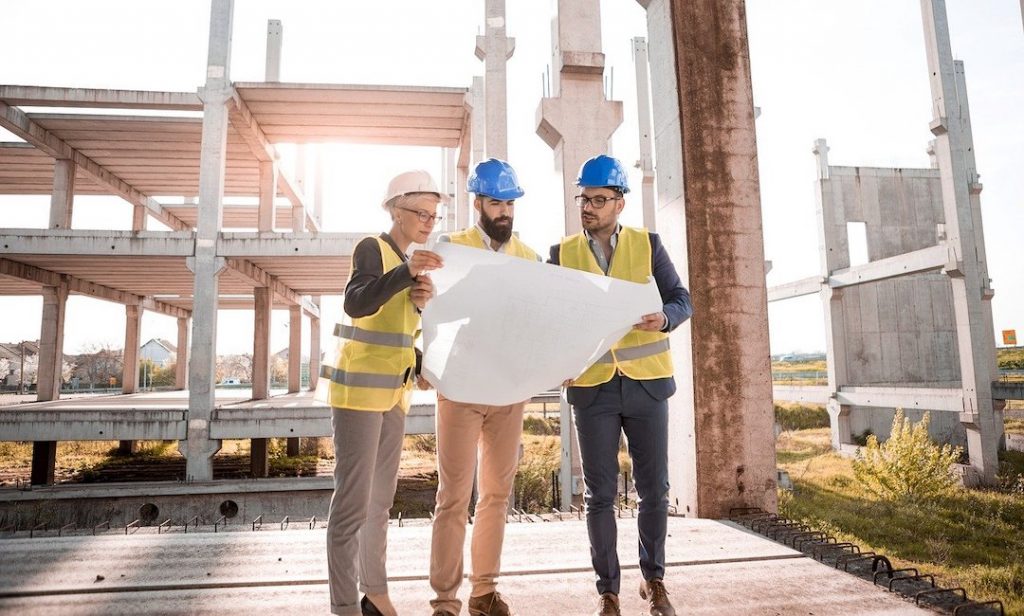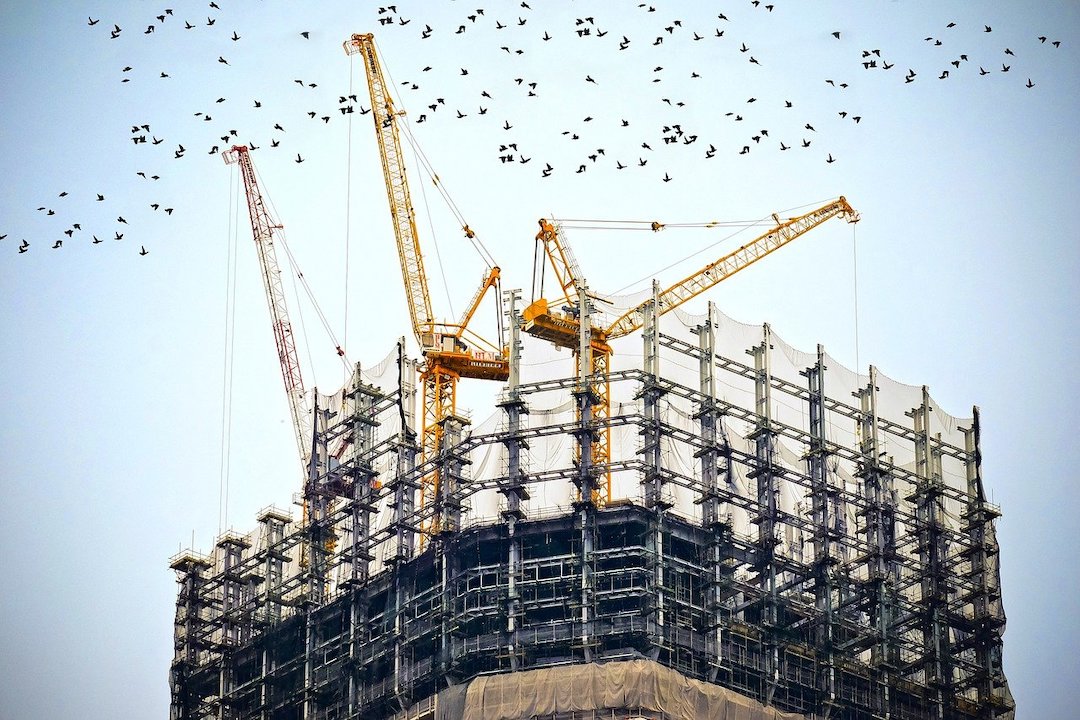It is quite common for construction and engineering-related businesses to have a unique set of regulations, regulations that are designed to protect the industry’s primary customers, namely the general public. These regulations, known as the “Code of Practice,” are sets of rules and guidelines intended to be followed by anyone involved in the construction and engineering industry. They are designed to ensure that they follow the correct procedures and that they are not doing anything that could present a risk to the public. In the construction industry, numerous regulations are enforced upon contractors and subcontractors. These regulations vary depending on the type of project being worked on, the client, and the job itself. It is essential to know the rules regarding the different types of projects and what you need to know to stay compliant with these regulations.
Difference Between Federal, State and Local Regulations
Construction is a complex industry. It involves raw materials, labor, labor management, process, production, waste management, safety, etc. These factors are critical to construction projects, which is why construction companies have to comply with the federal governments’ and state governments’ regulatory requirements. Many different agencies enforce laws and regulations from a government agency to a local government agency, state, province, or other levels of government. Each agency has its own rules, regulations, and laws. There’s a lot of confusion about local, state, and federal regulations. Some people think that federal law is the only law, when in fact, it is not. Federal law and regulations must meet specific criteria imposed on the population in a particular state or locality. Regarding construction, building codes are usually made at the local level. These codes will often cover:
- Safety.
- Structural integrity and general welfare.
- The integrity of mechanical systems such as:
- Sanitation.
- Water supply.
- Light.
- Ventilation.
- Control and prevention of fires.
- Conservation of energy.
Each local administration will have a different set of regulations and codes relevant to the area and climate. For example, local governments in California will have stricter fire control codes than a local government in wetter states that are less prone to forest fires.

Health and safety
OSHA only enforces its rules in a handful of industries, and construction is a high priority. Although the rules are meant to protect workers from all kinds of hazards, the agency usually focuses on safety for those working with power-driven machinery. In the construction industry, OSHA does not usually regulate individual jobs, nor does it require employers to carry OSHA’s worker protection coverage.
OSHA is the federal agency that is responsible for workplace safety and health. Its mission is to assure safe and healthful working conditions for all employees and promote safe and healthy working conditions. Occupational Safety and Health Administration (OSHA) is the primary department that deals with occupational health. It is involved with the management of health problems and workplace injuries among workers. It is concerned with workers’ health and well-being and is concerned with preventing the workplace from becoming unsafe for workers. Essentially the main aim is to reduce the risk of injury or illness from workplace hazards, both tangible and invisible, that may cause or contribute to injury or illness.
Corrupt Practices
The construction industry is vital to the maintenance and growth of the country. It would be hard to imagine a city without a thriving construction industry. However, the construction industry does face a few problems. The building industry is a multi-billion dollar industry, and it has the benefit of being a lucrative business to be in. Still, like any other business, it has its share of corruption in the industry. It is a subject that is often pushed aside and overlooked, as the building industry is mainly under the control of the local administrations. With most of the industry coming out of the major cities in America, it is tough to detect corruption in the building industry. It is challenging to differentiate between fraud and corruption when in a large corporation.
Construction has always been a high-risk industry for the FCPA due to its nature of work and the nature of the people involved. Since construction companies are so large and conduct business worldwide, they frequently conduct business in countries where lax enforcement makes it easy to steal. One of the most commonly used methods is bribery. Therefore FCPA Compliance for construction companies has become something that all companies must be aware of. In most cases, a law firm with experience in this industry will be required to assist a construction business through the legal process as they must meet many regulations. Companies don’t want to be associated with corruption, in particular, so everything must be in order.

Building materials
Building material regulations are a critical component of maintaining a healthy industry. Without regulations for building materials, there would be concerns over the price and quality of materials being used in construction. Currently, the US Department of Housing and Urban Development (HUD) published the code for building materials. The code is divided into various sections, each of which is focused on specific aspects of building material. There are general rules that must be followed when building, such as using heat-treated wood when in contact with a concrete floor or a surface that could experience moisture.
Zoning Laws
In the United States, zoning laws are established by local governments. These laws determine where and how construction companies can build a particular building in a specific area. They also dictate how many or how few people can live in a building. The zoning laws in the US are different than they are in other countries, which can make it difficult for travelers to figure out how to reside in a new area legally. In the US, state governments establish zoning laws, with the federal government only playing a minor role.
Construction industry regulations are the rules and guidelines that apply to the construction industry. They are designed to protect the safety of construction workers, the environment, and the general public. In addition to these aspects, corruption and bribery are being incorporated into existing rules to reduce the amount of crime associated with this traditionally notorious industry.










